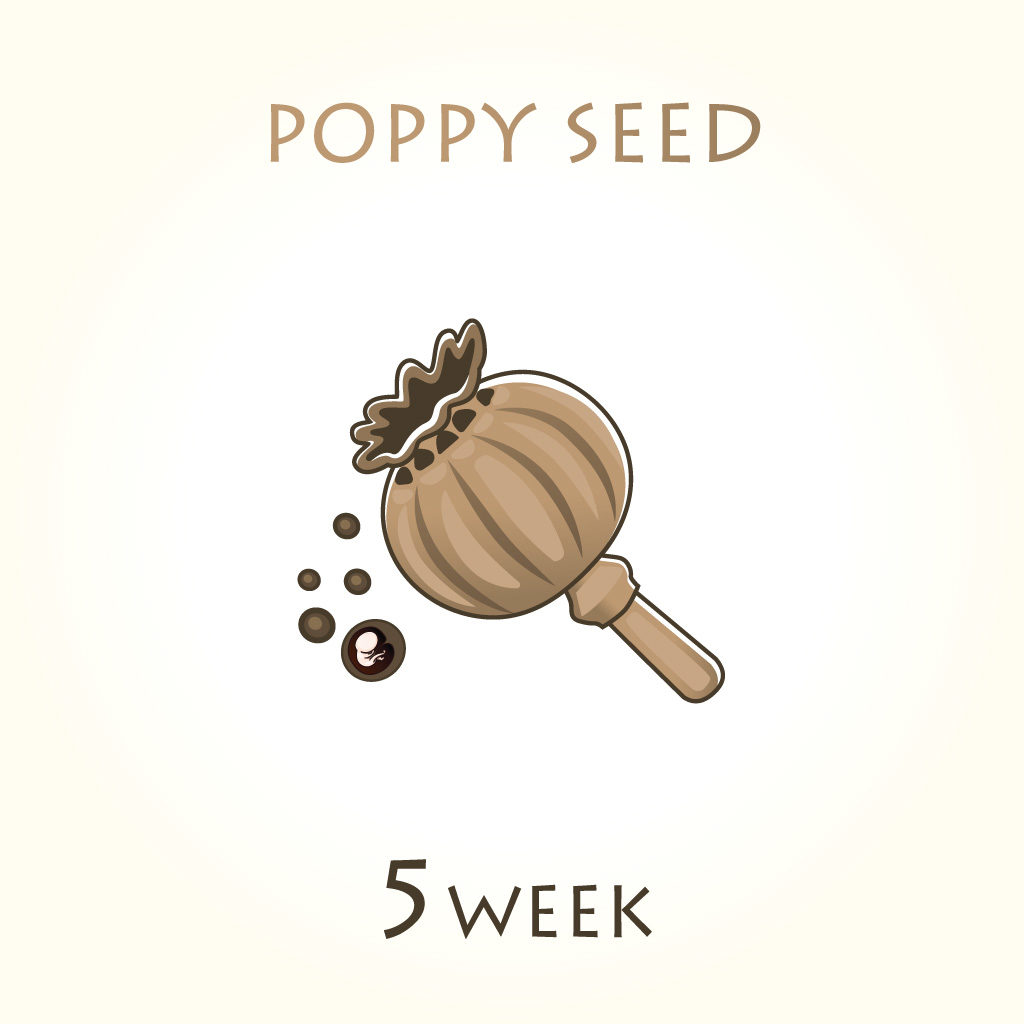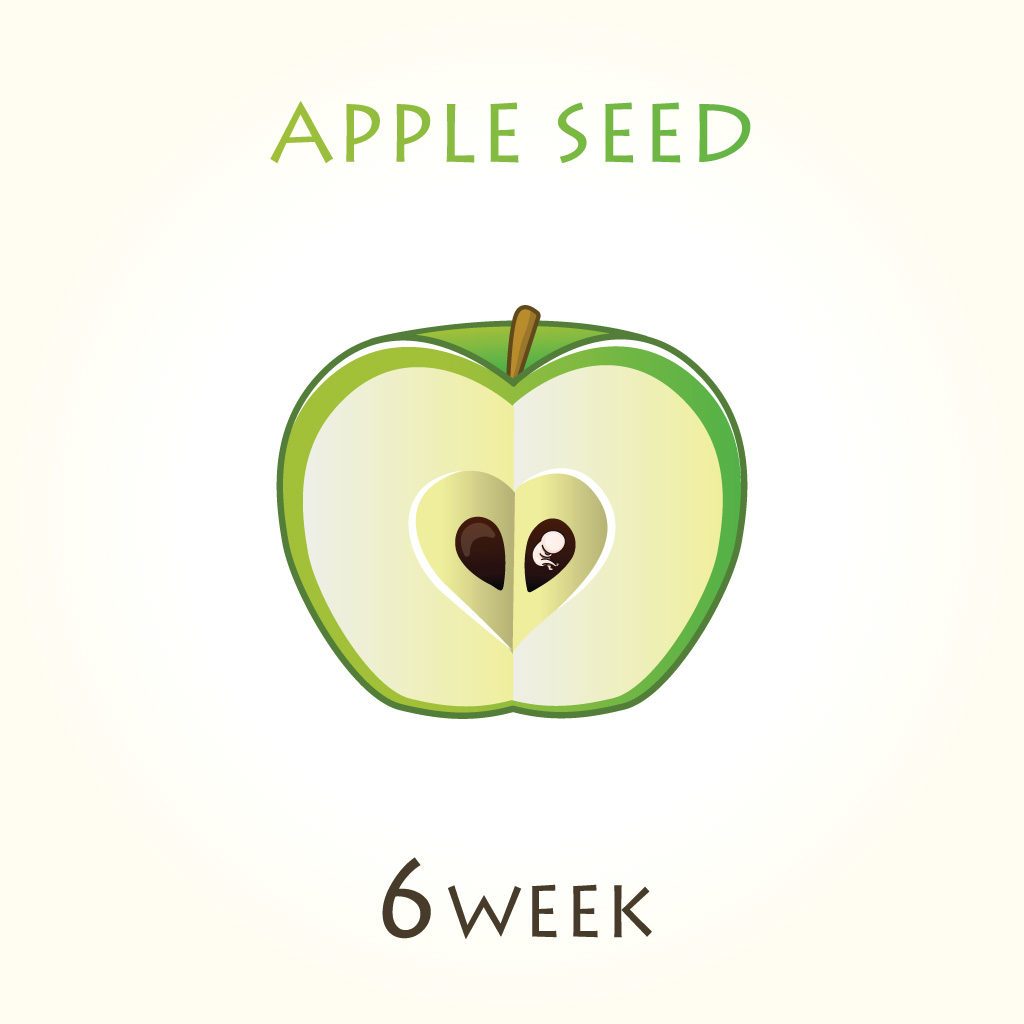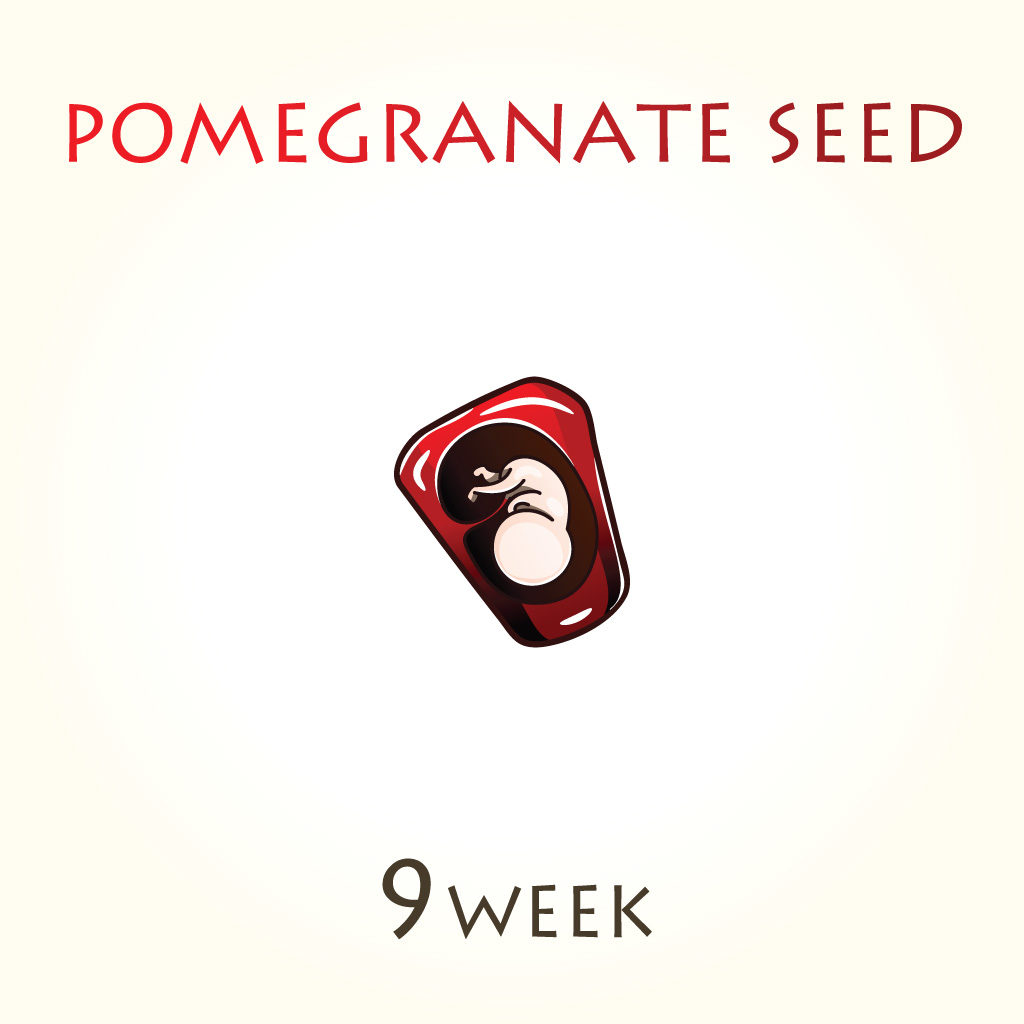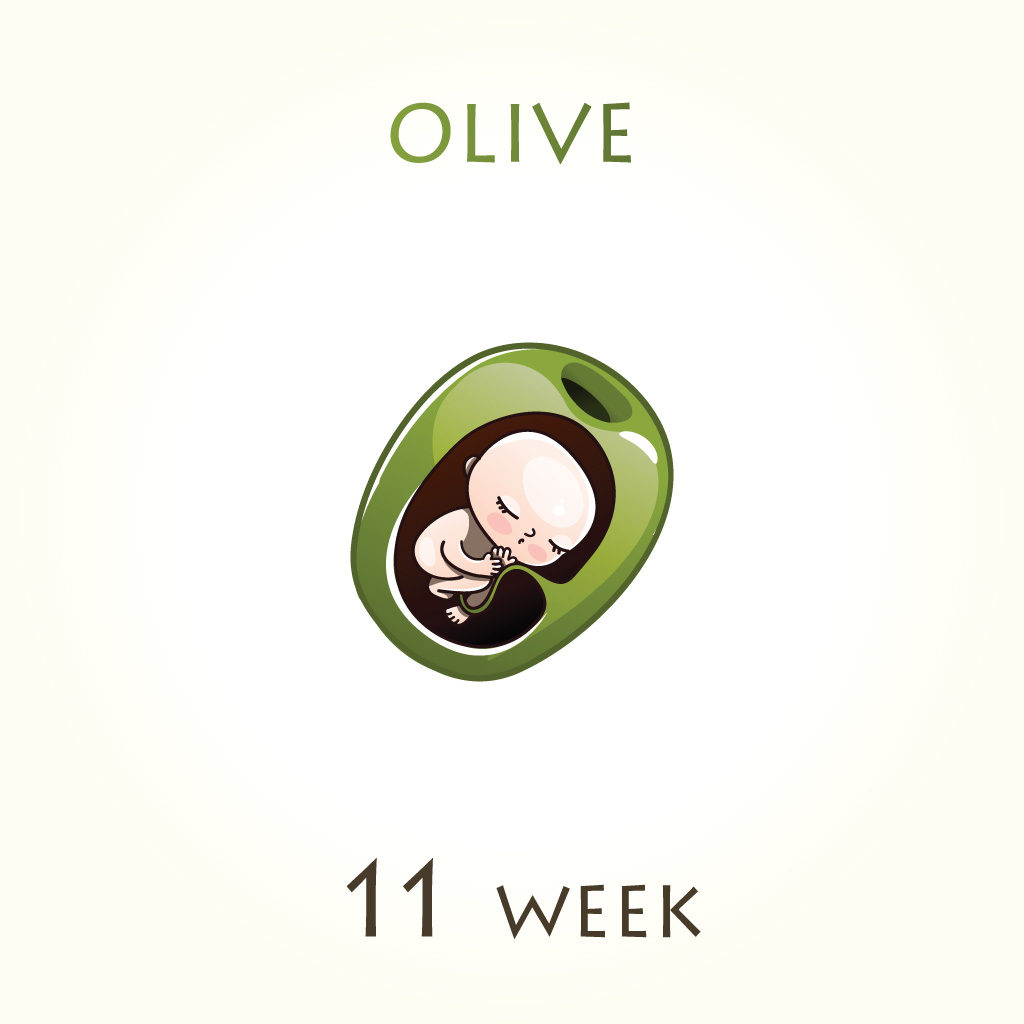Conception to 12 Weeks
Body Changes
Feeling tired is common in pregnancy because of the extra energy needed to carry your developing baby and care for your changing body. Remember to get plenty of rest. The majority of your energy should return after 12 to 16 weeks.



Morning Sickness
This common term describes nausea and/or vomiting that may occur in your pregnancy. Should it occur, this usually starts at six weeks and may last several weeks. The term “morning sickness” may be misleading because the queasy sensation can last all day. Remember, this is a normal condition. It is better to try to keep active and go on with your usual daily plans as much as possible. Prolonged vomiting is unusual and, if present, you should call the office.
Morning sickness is the result of increased amounts of estrogen and progesterone that are produced by the ovaries early in pregnancy. Because of the increasing levels of these hormones, the secretory cells in the stomach increase their production of gastric juices. But at the same time, the bowel slows down its ability to empty the contents of the stomach. This then causes a feeling of nausea and, in some cases, vomiting.
To PREVENT morning sickness, try the following. Some of these suggestions may help you more than others:
- Eat a piece of bread or a few crackers before you get out of bed in the morning (put them close to your bed the night before), or when you feel nauseated.
- Get out of bed slowly. Avoid sudden movements.
- Have some yogurt, cottage cheese, juice, or milk before you go to bed, or before you get up. Try one of these if you have to get up during the night.
- Eat high-protein foods – eggs, cheese, nuts, meats, etc. – as well as fruits and fruit juices. These foods help prevent low levels of sugar in your blood, which can also cause nausea.
- Drink soups and other liquids between meals instead of with meals.
- Avoid greasy or fried foods. They’re hard to digest.
- Avoid spicy, heavily seasoned foods.
To REMEDY morning sickness, we suggest the following:
- Sip carbonated water when you begin to feel nauseated.
- Get fresh air by taking a walk or sleeping with the window open. Use an exhaust fan or open a window when you cook.
- Take deep breaths.
- Drink spearmint, raspberry leaf, or peppermint tea.
If vomiting persists, or it becomes difficult to retain food or liquids, you should contact our office.



Explanation of Initial Prenatal Lab Work
At the first or second visit, “prenatal” blood tests are performed on all obstetric patients. These tests are:
- CBC (complete blood count)
- Blood group and Rh type
- Antibody screen
- Rubella (German measles)
- Syphilis screen
- Hepatitis screen
- HIV screen (optional but recommended)*
What are the tests for:
- The CBC measures the hemoglobin and cell counts that provide information on anemia and infections.
- The blood typing will alert us to possible blood group and/or Rh incompatibility problems later in the pregnancy. When the Rh test is negative, you may receive an injection of Rhogam at 28 weeks.
- The antibody screen is done to detect unusual antibodies that may have arisen during a prior pregnancy or from a blood transfusion. These antibodies are extremely uncommon.
- The Rubella test screens for an antibody to determine if you are immune to Rubella (German measles).
- RPR or VDRL is a test for exposure to Syphilis.
- Hepatitis BsAg is a test that detects recent or old hepatitis B infections. Hepatitis C antibody detects previous exposure to Hepatitis C.
- You may decline an HIV test; however, the American College of Obstetrics and Gynecology recommends this test, as do we.*
* It is especially important for pregnant women to know their HIV status. HIV-positive women who take recommended HIV medication during pregnancy can reduce the risk of transmitting HIV to their babies to less than 1 percent. In order to determine status, women must be tested for HIV during pregnancy or at delivery. Tests using bodily fluids other than blood that have equal or better sensitivity and specificity may substitute for the blood test. A woman must consent to give the blood sample and be told that HIV testing will occur. However, no specific consent for the testing is required. A pregnant woman may decline testing; this must be documented in her medical record.
This is meant to be a brief summary describing these tests. Your doctor will discuss these further.

Fetal Growth
At about 8 weeks of pregnancy, your baby is 1 1⁄2 to 2 inches long and weighs less than 1 ounce. The placenta develops and major organs and nervous system form. Your baby’s heart begins to beat. The head, face, eyes, ears, arms, fingers, legs, and toes form.
Special Instructions for this Month
- Continue eating a healthy diet with plenty of protein, fruits, and vegetables.
- Take your prenatal vitamins regularly.
- Avoid cigarettes and alcohol.
- Check with us before taking any medications.
- Eat a well-balanced diet of whole-grain bread and cereals, fruits and vegetables, milk products, meats, fish, or other protein sources.
